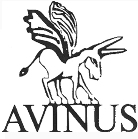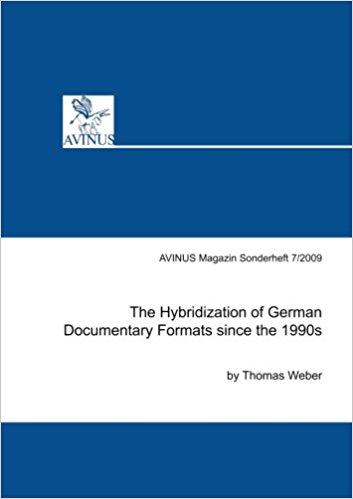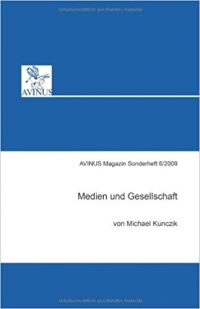Weber – Hybridization of German Documentary
8,00 €
AVINUS Magazin, Sonderedition Nr. 7/2009
Thomas Weber
The Hybridization of German Documentary Formats since the 1990s.
20 S., ISBN 978-3-86938-010-0, brosch., 8.00 EUR.
oder Download PDF
Beschreibung:
The diverse documentary formats – with their „relatively random thematic content“ (Mühl-Benninghaus) – now seem to have nearly no common denominator. Not considering affirmative formats (travel, instructional, industrial films and the like), it is remarkable how – regardless of individual filmmakers‘ ambitions (and the quality of their films) – each documentary format attempts to underwrite its promise of authenticity through calculated interruptions and flaws, i.e. by refuting the traditional logic of conventional depiction. This tendency, also called hybridization, is demonstrated not only in the aesthetics of new formats, but also on every level of production, technology, economy and reception, as Paul Soriano recently noted. It is not only mixing genres, or styles of depiction, but also using analogue and digital technologies, and a production rationale geared towards simultaneously employment in various media and the pluralization of communities. Examining representative examples from German television, essential aspects of hybridization shall be determined by focusing on „Reality Television“. From the perspective of the „ambitious documentaries“ of the 1970s, these are often associated with a degradation and, moreover, a deterioration of television culture (Feil, Bertram et al.). Ultimately, it a question of analysing the functional transformation of documentary principles and the related changes in values and the criteria of plausibility, on which new documentary formats are oriented.





